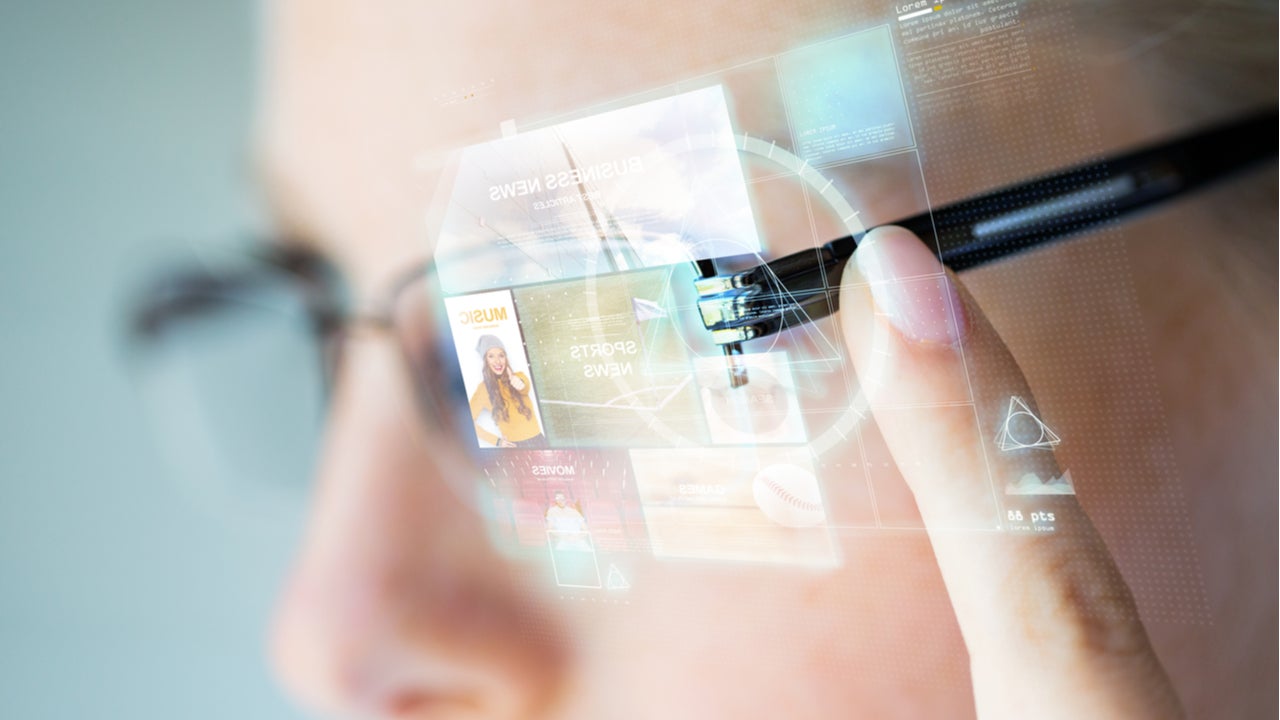The enterprise market for smart glasses will be more lucrative than the consumer market over the next decade. This is mostly attributable to the fact that the enterprise smart glasses are nearly five times more expensive than consumer devices. The COVID-19 pandemic has boosted the adoption of smart glasses among enterprises.
Macroeconomic Trends
Listed below are the key macroeconomic trends impacting the smart glasses industry, as identified by GlobalData.
Covid-19
Covid-19 has hit the consumer electronics sector, disrupting both production and consumption worldwide. Although smart glasses form a part of this sector, the impact of Covid-19 will be limited as the industry is in the early stages of development. Some smart glasses vendors have used the pandemic as an opportunity to develop new use cases for their devices. Rokid claims that the infrared sensors in its T1 smart glasses can now detect the temperatures of up to 100 people in one minute from a distance of up to two meters.
Law enforcement agencies in China and the United Arab Emirates (UAE) are using T1 smart glasses to ensure public safety and enforce social distancing regulations. Vuzix’s M400 smart glasses are also being used by doctors for training and conducting remote virtual patient rounds. With some form of social distancing likely to be in practice until 2022 (according to Harvard disease experts), smart glasses that provide thermal sensing, collaborative tools, and telehealth capabilities should prove popular with enterprises. Those in essential services, such as logistics, healthcare, and law enforcement, are expected to be early adopters.
Enterprise adoption
Enterprises across healthcare, logistics, and manufacturing are increasingly using augmented reality (AR) smart glasses for functions such as telemedicine, remote assistance, warehouse management, and training. DHL, for example, provides its employees with smart glasses that use guided instructions to help them navigate around warehouses. COVID-19 has also increased the use of smart glasses in law enforcement and healthcare, as discussed in the trend above. Despite this, GlobalData believes large-scale enterprise adoption of smart glasses is still some way away.
Consumer adoption
The enterprise smart glasses market is more than four times the size of the consumer market in terms of revenue, according to GlobalData estimates. Consumer adoption of products from the likes of Vuzix, Snap, and Amazon remains limited. This is mainly because many prospective customers are unconvinced that the current generation of smart glasses offers anything which they cannot already get from their smartphones. Also, smart glasses are perceived by many as a threat to privacy. Despite these issues, competition in the market is set to intensify over the next three years.

US Tariffs are shifting - will you react or anticipate?
Don’t let policy changes catch you off guard. Stay proactive with real-time data and expert analysis.
By GlobalDataApple and Facebook will launch AR smart glasses, while Google will make a second attempt in the space following its recent acquisition of North. Vendors are focusing on developing a service ecosystem around their products, data privacy issues, and offer compelling use cases. Apple has applied for a patent on a vision correction optical system, which aims to eliminate the need for prescription lenses on smart glasses.
This is an edited extract from the Smart Glasses – Thematic Research report produced by GlobalData Thematic Research.









